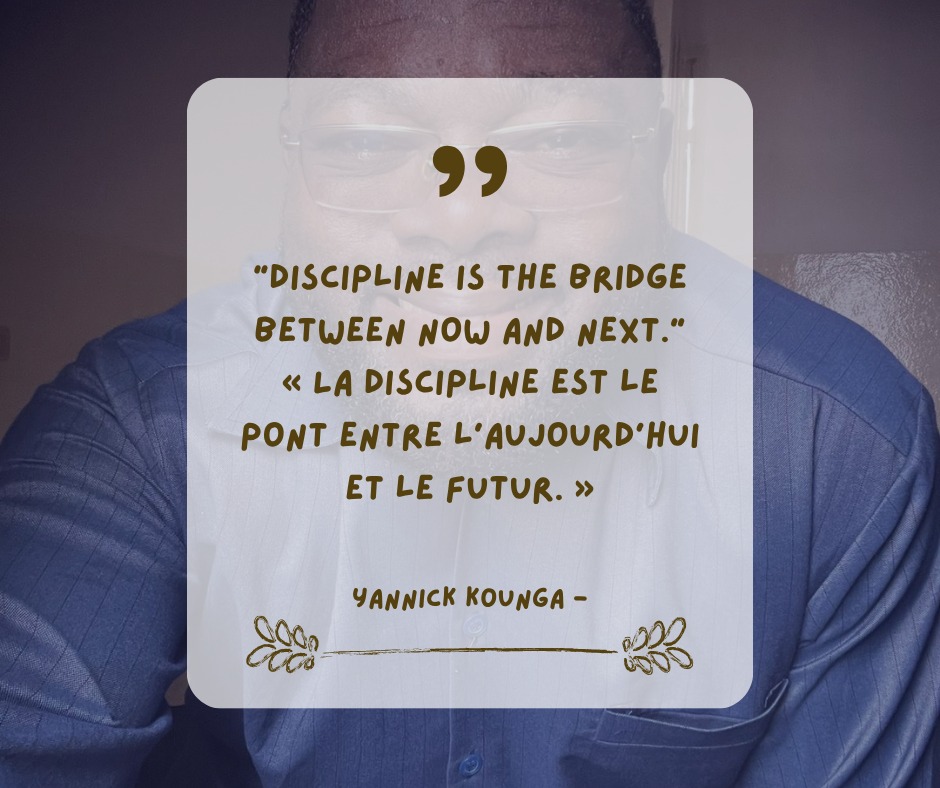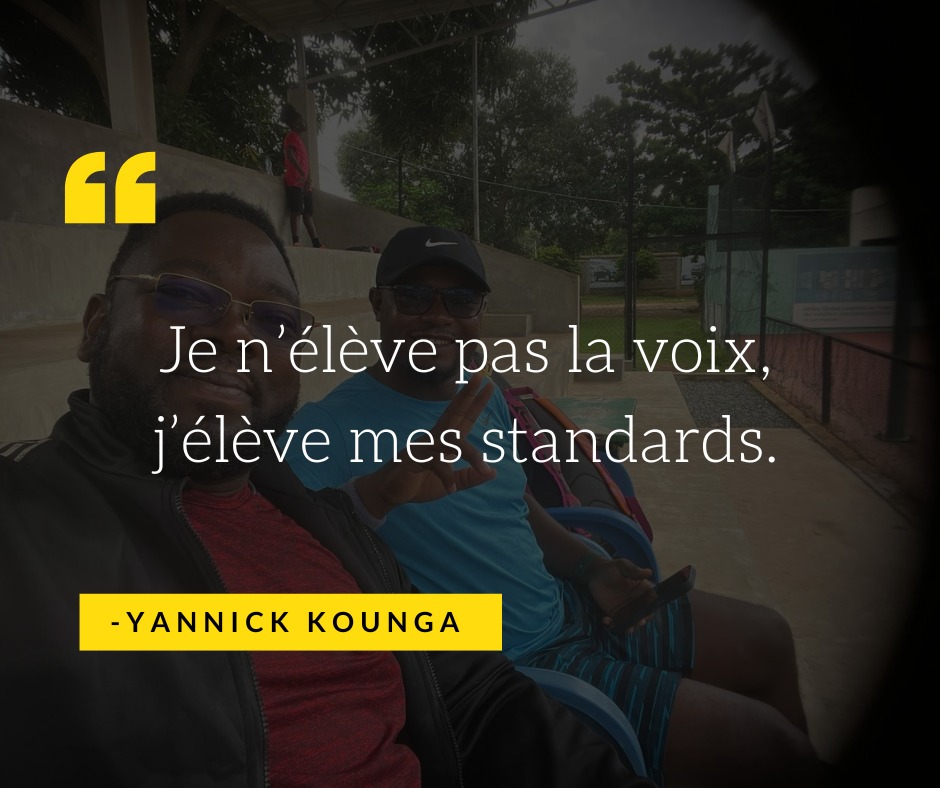
Book Your Free Strategic Session – Immigration 360° 30 minutes to transform your immigration or reintegration journey. ✅ Profile Review – ✅ Custom Roadmap – ✅ Expert Insights 📅 Book now at 👉 https://zcal.co/kounga 🎯 Choose Google Meet or WhatsApp +1 832 997 6205 Act now – limited slots available !



